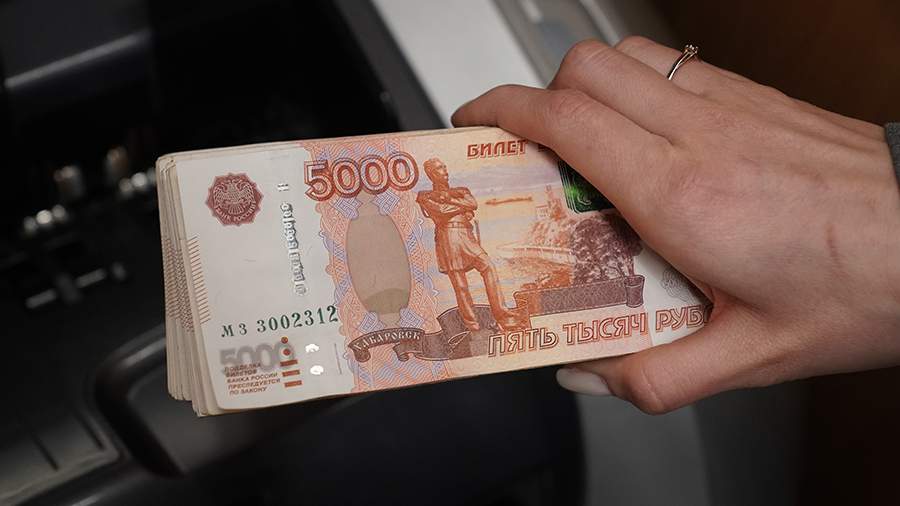A lawyer explained how an investment fraud scheme works

Often fraudsters offering victims to invest are lured by promises of income higher than the bank rate. That is why it is important to check the investment company before trusting it with money, and one should not believe promises and beautiful pictures, Oleg Dyachkov, partner of NOVATOR Legal Group, told Izvestia.
The day before it was reported that the managers and employees of call-centers, who deceived tens of thousands of people, were detained by law enforcement officers. This was reported in the Public Relations Center of the FSB. Three Moscow offices were part of an international network of fraudsters and were controlled by the wanted leader of the organized crime group "Khimprom" Yegor Burkin, the agency said. The money was stolen under the guise of investment activities.
"To attract people to such call centers usually work groups that collect data of potential victims through "landing" pages and advertising offering high incomes (from 30 to 100% and more per year). Most often they offer to invest in real estate, country hotels or other investment activities," said Dyachkov.
According to him, victims in the hope of getting a high income leave their contact information, after which they are contacted by employees of the call-center, describe how they get a high income from investment activities, for example, from renting out real estate, send potential "clients" a presentation, providing it with colorful photos. All this is done in order to induce the victim to conclude an investment activity agreement with an organization or IE.
"When interacting with foreign citizens, the interaction is most often online, and the contract is sent electronically. Russian citizens are offered to come to the office and continue "processing" on the spot, persuading them to conclude an agreement. As a result, victims transfer money to the specified accounts, cards or cryptocurrency wallets. Clients transfer their money without checking whether this company carries out investment activities," the lawyer said.
He specified that the first two or three months the payments promised to the victims are received, after which the fraudsters disappear together with the money transferred to them. The attackers withdraw funds from crypto wallets by multiple transactions through various gateways, crypto exchanges, P2P-exchanges.
"Thus, the scheme is simple: fraudsters lure victims with promises of income above the bank rate and beautiful pictures. And since the criminals operate in Russia, and the assets shown in the photos are abroad, potential investors cannot visit the object to see for themselves that it really exists. It is important to check the investment company before trusting it with money, not to believe promises and beautiful pictures," Dyachkov emphasized.
The expert noted that compensation for the damage caused to the victims is possible only after conviction of the persons involved in committing this crime. In the framework of criminal proceedings, the victims declare a civil claim, and the criminal court will make a decision on this claim to award money jointly and severally from all defendants.
"Essentially, there will only be a judgment, no monies will be recovered from the defendants, as they usually have nothing: no property or assets to foreclose on. Therefore, the monies are likely to be irretrievably lost. Usually fraudsters face punishment under p. 4 of Art. 159 of the Criminal Code of the Russian Federation - maybe 6-7 years of imprisonment, with additional qualification of the crime under Art. 210 of the Criminal Code of the Russian Federation the term of imprisonment may be 10-12 years", - concluded Dyachkov.
Earlier, on November 17, Evgeny Pankov, project manager of the .RU/.RF domain coordination center, told Izvestia that there is a steady increase in phishing attacks conducted via messengers, especially Telegram and WhatsApp (owned by Meta, whose activities are banned in Russia). According to him, 2,374 domains imitating Telegram were blocked in Runet in the first 10 months of this year, which is 2.2 times higher than the same period last year. For the second messenger, the number of blocked domains increased more than five times - from 205 to 1,036.
Переведено сервисом «Яндекс Переводчик»

